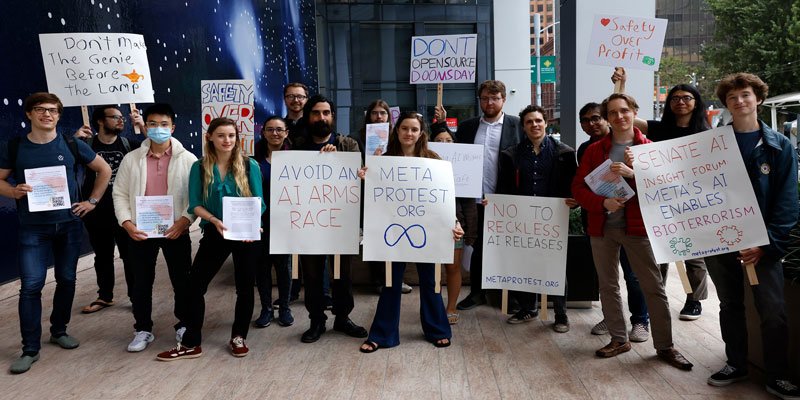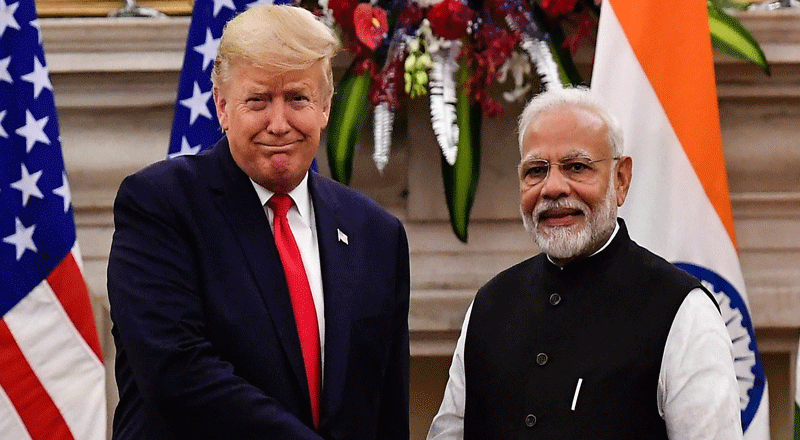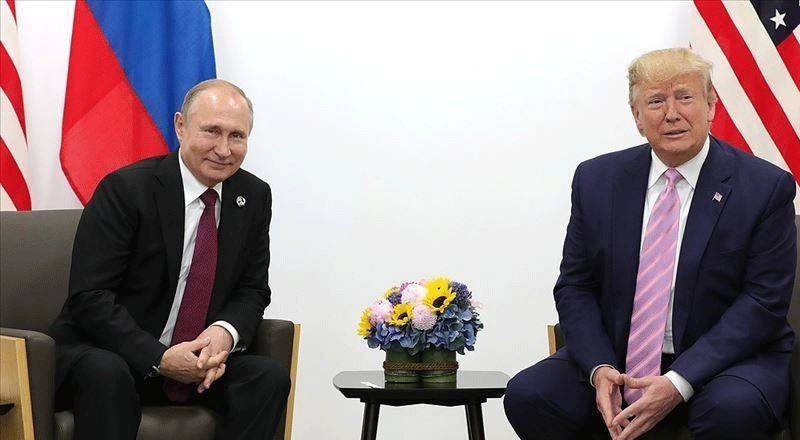
Tariff Dodging Tactics: China Misuses 'Made in Korea' Labels to Bypass U.S. Tariffs
Trade War Echoes Resurface
Years after the U.S.-China trade war erupted under President Donald Trump, its ripple effects continue to shake global trade. The latest fallout: South Korean authorities have uncovered a surge in Chinese goods falsely labeled as “Made in Korea” to sidestep American tariffs.
South Korea’s Korea Customs Service (KCS) revealed that in the first quarter of 2025 alone, it detected 29.5 billion won (approx. $20.8 million) in fraudulent exports—97% of which were bound for the United States. This sharp rise follows a similar pattern from 2024, signaling an entrenched strategy by exporters to exploit loopholes in origin labeling.
How the Loophole Works
Chinese companies, faced with steep U.S. tariffs, are rerouting shipments through South Korea. Products are either lightly processed or simply relabelled before being exported to the U.S. under South Korea’s favourable trade status. These tactics allow them to avoid the punishing 145% tariffs now imposed on Chinese goods.
One major violation involved 3.3 billion won worth of cathode materials used in electric vehicle batteries. Though sourced from China, they were marked as Korean-made to dodge duties—even before the latest tariffs came into effect. In another case, 19.3 billion won worth of Chinese surveillance camera components were imported, reassembled in Korea, and then exported with a false origin.
Security and Economic Risks
Beyond economic concerns, the U.S. is increasingly alarmed about national security risks tied to Chinese tech, particularly surveillance equipment. These backdoor tactics undermine both tariff enforcement and technology restrictions aimed at protecting critical infrastructure.
South Korea, a key U.S. ally, has responded by launching a joint investigation task force with American officials. The goal: crack down on fraudulent exports, strengthen enforcement, and protect both countries’ economic and security interests.
Strains in Global Trade
This growing misuse of “Made in Korea” labels illustrates how trade wars are no longer just about tariffs—they’re about the evolving strategies to beat them. For South Korea, it presents a tough balancing act: upholding trade integrity while managing the economic pressure from China and alliance expectations from the U.S.
As global trade grows more fragmented and protectionist, regulators will need to move as fast as the fraudsters. The current crackdown could be just the start of a broader international face-off over trade legitimacy.
(With inputs from agencies)











